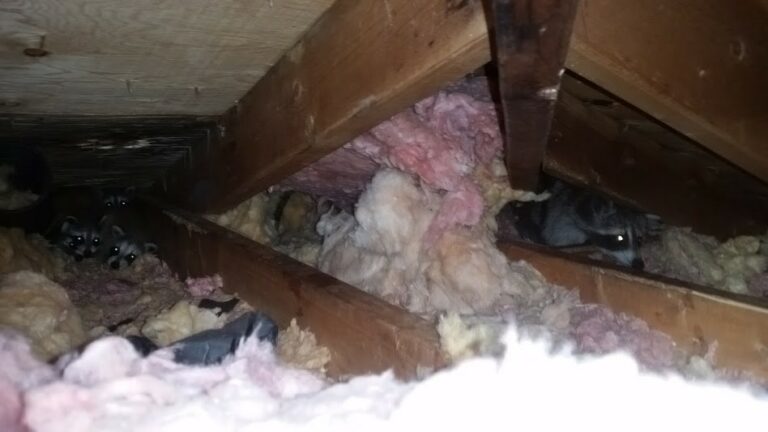The number of rabies cases in Hamilton continues to grow, prompting a warning from Public Health to steer clear of raccoons and skunks.
The wildlife rabies is spreading to more skunks, the number of raccoons and skunks found with rabies since December has jumped by 44 cases to 65 in the past two months.
Hamilton Public Heath says five other raccoons have tested positive for rabies — four in nearby Haldminand-Norfolk and one in the Niagara region — bringing the total in the province to 70.
A total of 23 animals (raccoons and skunks) tested positive for the rabies virus in the month of March.
The other cases are spread throughout the city, with nine each found in Ancaster and in lower east Hamilton. Only the central lower city and Flamborough have not had any cases so far.
Raccoon rabies hasn’t been seen in Ontario since 2005 and its re-emergence in early December only came to light after two dogs got into a fight with a sick raccoon in the back of an animal services van.
Robert Hall, the director of health protection with Hamilton Public Health, said this strain of rabies is like any other strain of the rabies virus: it’s deadly.
“Any time anybody comes in contact with these (rabid) animals, they need to go to their physician or emergency room and seek medical attention immediately,” he said. He also advised people to call the city immediately at 905-546-2489, where the phone is answered 24-7. If one contracts the virus and doesn’t receive treatment shortly after contracting it, they could die.
“Everyone should stay away from raccoons and skunks,” he said. “It’s just a natural thing that we should always try to do.”
“This is not something that’s going to go away quickly,” he said. “This is something that’s becoming endemic in the population and the Ministry of Natural Resources is working on a strategy to deal with this over the next three to five years.
“It’s serious, but this is in a wild animal population and if people aren’t interacting with a wild animal then they shouldn’t be exposed to it.”
Dogs and cats typically have a much greater chance of coming into contact with an infected wild animal, Hall said. This is why these pets must be vaccinated.
Public Health has requested additional funding from the Ministry of Natural Resources to launch a promotional campaign to educate the public about the issue and find a way to offer low-cost vaccinations for pets.



